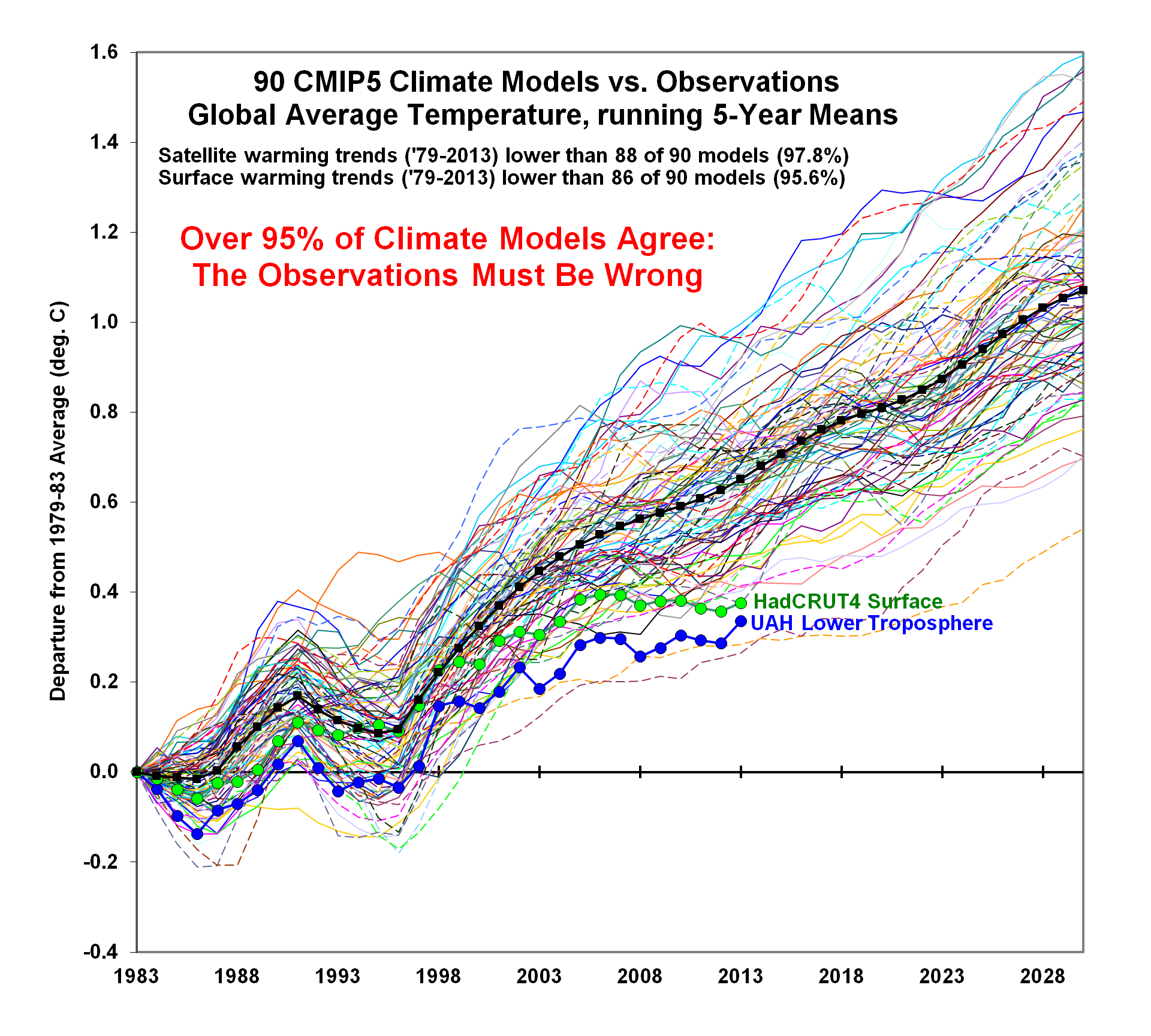Why Do Many Reasonable People Doubt Science?
We live in an age when all manner of scientific knowledge—from climate change to vaccinations—faces furious opposition.
Some even have doubts about the moon landing.
There’s a scene in Stanley Kubrick’s comic masterpiece Dr. Strangelove in which Jack D. Ripper, an American general who’s gone rogue and ordered a nuclear attack on the Soviet Union, unspools his paranoid worldview—and the explanation for why he drinks “only distilled water, or rainwater, and only pure grain alcohol”—to Lionel Mandrake, a dizzy-with-anxiety group captain in the Royal Air Force.
Ripper: Have you ever heard of a thing called fluoridation? Fluoridation of water?
Mandrake: Ah, yes, I have heard of that, Jack. Yes, yes.
Ripper: Well, do you know what it is?
Mandrake: No. No, I don’t know what it is. No.
Ripper: Do you realize that fluoridation is the most monstrously conceived and dangerous communist plot we have ever had to face?
The movie came out in 1964, by which time the health benefits of fluoridation had been thoroughly established, and antifluoridation conspiracy theories could be the stuff of comedy. So you might be surprised to learn that, half a century later, fluoridation continues to incite fear and paranoia. In 2013 citizens in Portland, Oregon, one of only a few major American cities that don’t fluoridate their water, blocked a plan by local officials to do so. Opponents didn’t like the idea of the government adding “chemicals” to their water. They claimed that fluoride could be harmful to human health.
Actually fluoride is a natural mineral that, in the weak concentrations used in public drinking water systems, hardens tooth enamel and prevents tooth decay—a cheap and safe way to improve dental health for everyone, rich or poor, conscientious brusher or not. That’s the scientific and medical consensus.
To which some people in Portland, echoing antifluoridation activists around the world, reply: We don’t believe you.
We live in an age when all manner of scientific knowledge—from the safety of fluoride and vaccines to the reality of climate change—faces organized and often furious opposition. Empowered by their own sources of information and their own interpretations of research, doubters have declared war on the consensus of experts. There are so many of these controversies these days, you’d think a diabolical agency had put something in the water to make people argumentative. And there’s so much talk about the trend these days—in books, articles, and academic conferences—that science doubt itself has become a pop-culture meme. In the recent movie Interstellar, set in a futuristic, downtrodden America where NASA has been forced into hiding, school textbooks say the Apollo moon landings were faked.
Read more at: http://ngm.nationalgeographic....bters/achenbach-text

